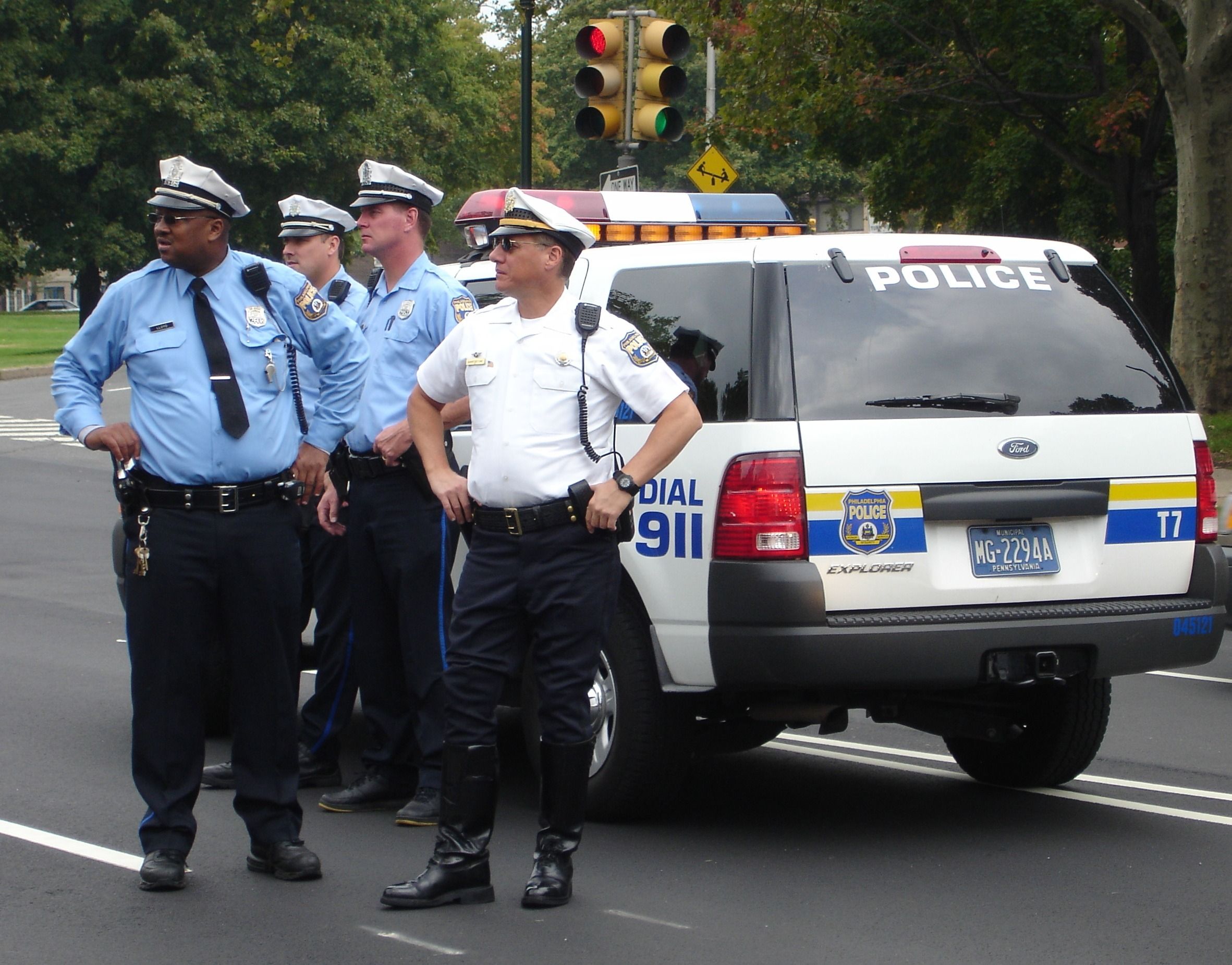
There’s just something about a truly heartbreaking movie death that sticks with you, isn’t there? It’s that moment when the popcorn stops crunching, your jaw drops, and suddenly, you’re reaching for the nearest tissue. We’ve all been there, utterly unprepared for the emotional gut-punch a fictional character’s demise can deliver. Sometimes, it’s a character we’ve rooted for across multiple films, and sometimes, it’s someone we’ve known for just a short while, but their exit leaves an indelible mark on our hearts, forever changing how we view the story. Nothing breaks our hearts more than when a beloved character dies in a movie, and even the most stoic among us shed a tear when it happens.
Movies have this incredible power, don’t they? They pull us into worlds, introduce us to people – or sometimes, animals, or even robots! – and make us feel deeply connected to their journeys. So, when the credits roll, and we’re left with the sting of a major character’s passing, it’s not just a plot point; it’s a real, tangible sense of loss. We invest in these stories, we live vicariously through these characters, and their end often feels like a personal bereavement, a cruel twist in the tale we never wanted to see.
Today, we’re taking a deep dive into some of those cinematic moments that left us absolutely shattered. We’re talking about the kind of deaths that make you pause the movie, question everything, and then maybe rewatch the scene just to make sure it really happened (it did). Get ready, because we’re about to revisit the top 12 movie deaths that still hurt, starting with a look at the initial six that really twist the knife in our feelings. Fair warning: major spoilers ahead, obviously!
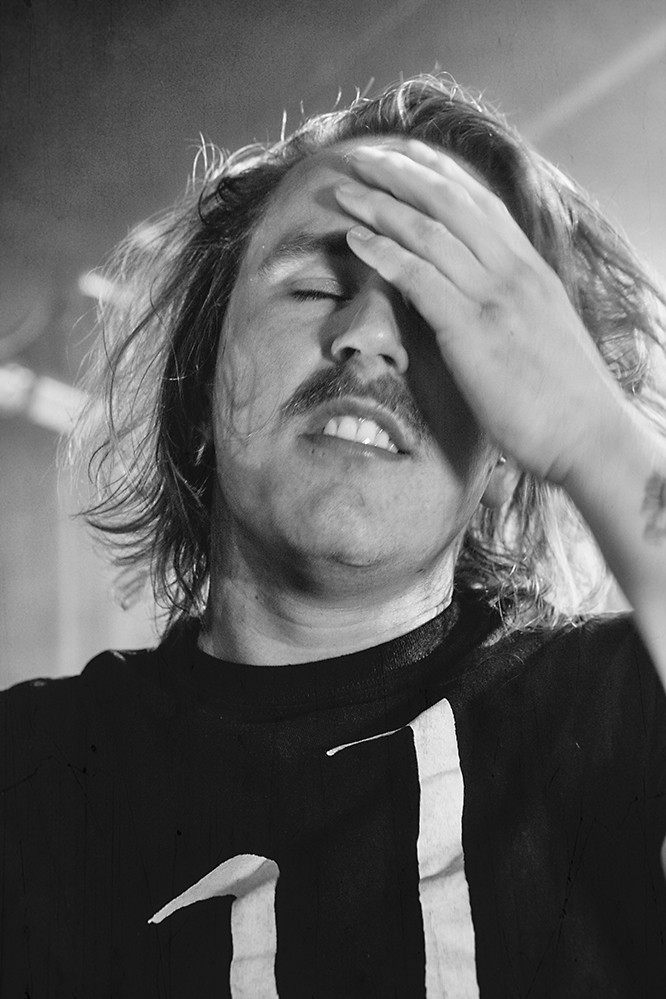
1. **John Coffey – The Green Mile (1999)**
Oh, John Coffey. Just hearing his name brings a lump to the throat, doesn’t it? Frank Darabont’s 1999 classic, ‘The Green Mile,’ introduces us to Michael Clarke Duncan’s character, a gentle giant locked up for a crime he absolutely did not commit. He’s facing a punishment not of his own making, and the sheer injustice of it all is enough to make anyone’s blood boil. But it’s more than just his wrongful conviction; it’s Duncan’s portrayal, imbued with such sweet sincerity and an almost childlike innocence, that makes us fall head over heels for the guy.
Coffey, with his miraculous healing abilities and profound empathy, is the very personification of love and kindness. He carries the pain of the world, absorbing its cruelty and sickness, yet he remains pure. His iconic line, “I is afraid of the dark,” uttered with such poignant vulnerability before his execution, is etched into cinematic history. It’s a moment designed to devastate, and it succeeds spectacularly, leaving us absolutely heartbroken as we watch this beacon of goodness walk to his undeserved end.
His execution is like our own, it hurts way too much. We feel for Coffey not just because he’s innocent, but because he chooses to die as a scapegoat, recognizing humanity’s cruelty yet accepting his fate with a heartbreaking grace. The crying officers, the swelling music, the dramatic sparks – every element conspires to create one of cinema’s saddest moments, filled with powerful Biblical allusions that ensure we never, ever forget the sacrifice of poor John Coffey. It’s a death that challenges our sense of justice and leaves an enduring ache.

2. **Jack Dawson – Titanic (1997)**
Okay, folks, hands up if you *still* argue about that door! Say what you want about ‘Titanic,’ love it or hate it, but you absolutely cannot deny the seismic impact of Jack Dawson’s death at the end. Leonardo DiCaprio’s performance in the movie catapulted him into stratospheric stardom, making him one of the biggest stars of all time. And his death? It still takes our breath away every single time, nearly three decades later, freezing us solid with sadness.
We all knew the Titanic was going to sink – it’s literally history – so it was almost a given that one of our beloved protagonists wouldn’t make it. But that didn’t make Jack’s demise any less despairing. Perhaps it’s the way he goes out, continuing to protect Rose until the very bitter end, selflessly sacrificing himself so she can lay on that drifting door (which, let’s be real, totally had room for two!). We are then forced to watch him freeze to death in the icy Atlantic, a slow, agonizing farewell that is anything but easy viewing.
By the end, all we’re left with are Rose’s desperate, pained cries as she slowly, agonizingly realizes her love has died. Kate Winslet perfectly captures the raw pain and confusion of such a tragic event, making us feel every bit of Rose’s profound loss. Jack’s death isn’t just a plot device; it’s the agonizing culmination of a whirlwind romance, a tragic testament to love, and a moment that still inspires passionate debates and a river of tears from audiences worldwide.
Read more about: Fact vs. Fiction: 7 Disaster Films That Took Liberties with Actual Events – And What Survivors Would Really Say

3. **Johnny Cade – The Outsiders (1983)**
S.E. Hinton’s novel ‘The Outsiders’ has always been praised for deftly conveying tragedy and mature themes for younger audiences, and Francis Ford Coppola’s film adaptation absolutely nails it. Among the many poignant moments, Johnny Cade’s story stands out as a powerful narrative of redemption and sacrifice. Johnny, along with the Greasers, bravely saves a group of children from a burning church, but in doing so, he suffers fatal injuries that lead him to the hospital.
His impending death causes him to re-purpose his priorities – not only does he stop caring about the senseless gang drama, but he delivers one of the most iconic and enduring lines in children’s literature to Ponyboy: “stay gold.” It’s a moment of profound wisdom from a character who, throughout most of the story, was quiet and vulnerable. This act of heroism and his subsequent death allow Ponyboy – and implicitly, the children he saved – to truly live.
Johnny’s lessons, particularly the simple yet powerful message to “stay gold,” have touched not only Ponyboy but the entire world at large. His death is a brutal moment, heartbreakingly played out in the hospital, and it’s stuck with audiences forever. It’s a testament to how even in the direst circumstances, a young character can find incredible courage and leave an unforgettable legacy, reminding us that beauty and innocence can endure even through tragedy.
Read more about: The Enigma and Tragedy of Linda Darnell: An In-Depth Look at a 1940s Hollywood Star

4. **Jenny Curran – Forrest Gump (1994)**
Ah, Jenny. She’s definitely a character that divides opinions, often treating Forrest (Tom Hanks) rather poorly throughout much of ‘Forrest Gump.’ Most of the time, she kinda treats him like dirt, running off, making questionable choices, and leaving Forrest to pick up the pieces of his perpetually optimistic heart. But despite all his accomplishments and all that he saw, Forrest always, always returned to Jenny, a testament to his unwavering, pure love for her.
Forrest was no stranger to death, having seen both his mother (Sally Field) and Bubba pass away earlier in the movie, each loss a punch to the gut. But it’s Jenny’s death that truly makes an indelible impact, both on Forrest and on us, the viewers. While we don’t actually see her final moments, the build-up to her illness and the final, tender moments between her and Forrest are simply gorgeous and profoundly sad.
The montage where Forrest talks to her grave, sharing stories about their son and his own life, is one of the saddest yet most uplifting montages in film history. Tom Hanks is simply spellbinding, selling every last bit of Forrest’s sadness and loneliness, but also his enduring love and bravery. Like Forrest says, dying is just a part of life. We just wish it wasn’t, especially when it means saying goodbye to a complex character who, in the end, finally found peace and acceptance, leaving Forrest (and us) to cherish her memory and the child they made together.
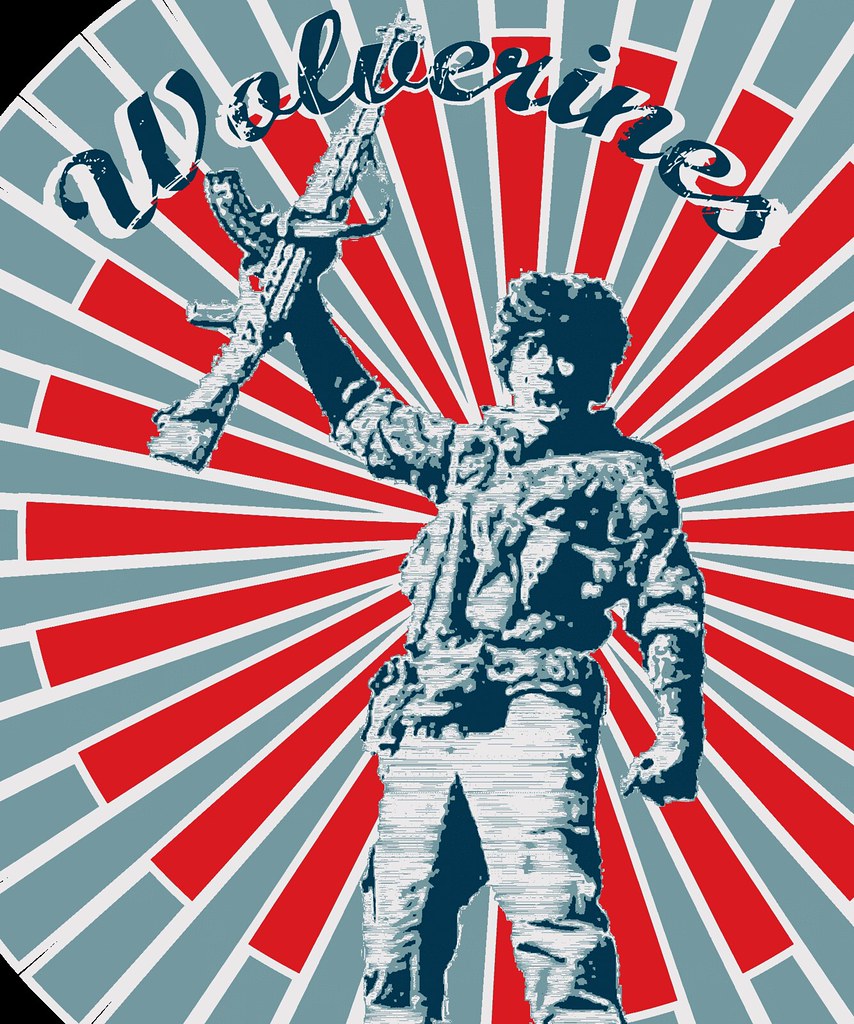
5. **Wolverine – Logan (2017)**
For decades, we watched Wolverine, arguably the most iconic X-Men character, slash his way through the entire X-Men franchise, from humble beginnings to epic battles. Hugh Jackman’s performance was nothing short of perfect every single time, embodying the gruff, conflicted, yet ultimately heroic anti-hero we all loved. So, when ‘Logan’ came along, it wasn’t just a movie; it was a bookend, a gritty, poignant farewell to a character many of us grew up with.
‘Logan’ served as much a superhero story as it was a profound comment on the genre itself – showing a superhero who grew up, became hardened, and was finally resigned to his tragic fate, eventually passing the baton to a new generation. We see an aging Logan, well past his prime, his healing factor failing, making him as mortal as the rest of us. It made for some pretty bleak, but incredibly powerful, viewing. His death wasn’t just sad; it was brutal, a visceral end to a legendary journey.
Logan’s death served as both this metaphorical baton passing and the emotional culmination of nearly twenty years’ worth of superhero stories and character work. It was incredibly tough to see him go, especially in such a raw and painful manner, sacrificing himself for the young mutants he was protecting. Deadpool may have celebrated his death (because, well, Deadpool), but for the rest of us, it was a moment of profound sorrow, marking the end of an era and cementing Wolverine’s place as one of the most heroically tragic figures in cinematic history.
Okay, so we’ve already navigated through a minefield of tears with the first six entries on our list, but trust me, we’re not out of the woods yet! The emotional rollercoaster continues as we delve into six more cinematic goodbyes that have etched themselves into our memories, inspiring debates, cultural conversations, and a whole lot of soul-searching long after the credits have rolled. These aren’t just deaths; they’re moments that define films, shape our understanding of characters, and remind us of the incredible power movies hold over our hearts.
Get ready to feel all the feels, because these next entries are legendary for a reason. They challenge our perceptions, ignite our outrage, or simply leave us with a profound sense of loss that echoes across the years. So grab another box of tissues, maybe a comfort blanket, and let’s explore the enduring impact of these truly unforgettable cinematic departures.

6. **Brooks – The Shawshank Redemption (1994)**
Oh, Brooks. If you’ve ever watched ‘The Shawshank Redemption’ (and if you haven’t, seriously, what are you even doing?), then you know exactly why his story hits so hard. Brooks Hatlen wasn’t just another inmate; he represented the heartbreaking reality of what happens when a person is institutionalized for so long that the outside world becomes a terrifying, alien concept. He’d been locked up for fifty years, and that prison became his entire universe.
His release wasn’t a moment of triumph; it was a devastating transition into a world he no longer understood. The film delivers one of the most profoundly sad montages in cinema history, showing Brooks struggling with everyday things that we take for granted – bustling traffic, the crushing loneliness of a tiny room, nightmares that cling to him, and the mundane reality of a grocery bagging job. It’s not just a character struggling; it’s a mirror reflecting very real struggles people face every single day with adaptation and mental health.
What makes Brooks’s death so utterly crushing are his final words, which serve as a painful, poignant reminder that he was battling immense anxieties and thoughts of taking his own life. His message isn’t just about his personal despair; it’s a stark, universal reflection of the profound difficulties individuals face when confronted with overwhelming change and the inability to adapt. It’s a moment that sticks with you, a chilling testament to how freedom isn’t always what we imagine it to be.
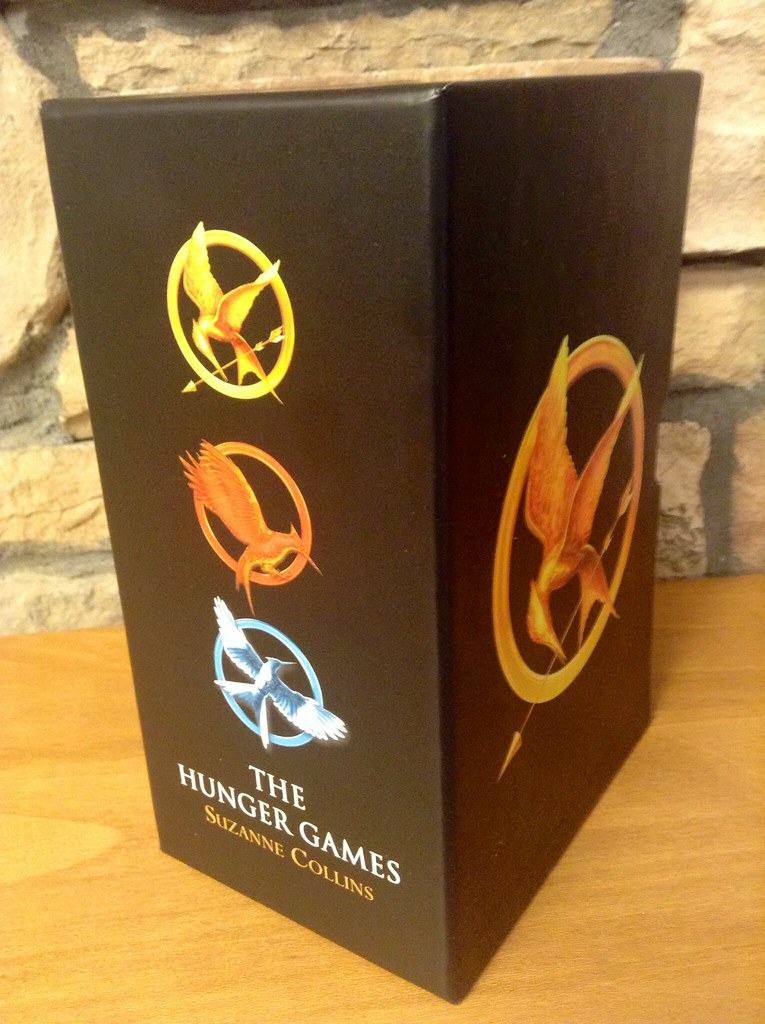
7. **Rue – The Hunger Games (2012)**
If there was ever a moment that truly hammered home the brutal, sickening reality of the Hunger Games, it was the death of little Rue. The whole concept of kids fighting to the death for entertainment is already depraved, right? But it’s Rue’s tragic, unexpected exit that really drives the darkness of it all home, leaving audiences absolutely gutted and furious.
Rue was just an innocent little girl, a gentle soul who formed an unlikely, heartwarming bond with Katniss in the arena. They were a team, a glimmer of hope in a world designed to crush it. For a fleeting moment, it felt like these two could find a way out, or at least survive together. But then, in a cruel twist of fate, Rue unexpectedly receives a fatal blow, shattering Katniss’s hope and ours.
The death itself is profoundly affecting, a brutal reminder of the senseless violence forced upon these children. But the tears really start flowing, and your heart genuinely aches, when her home district raises their hands in a collective, silent tribute. It’s a powerful, gut-wrenching moment of solidarity and shared grief that transcends the screen, highlighting the tragic loss of innocence and the horrifying human cost of the Capitol’s games. It definitely made us realize that this was no ordinary teen adventure.
Read more about: From Zero to Hero: 14 Actors Who Mastered the Art of the Comeback and Won Our Hearts!
8. **Albus Dumbledore – Harry Potter and the Half-Blood Prince (2009)**
For many of us who grew up with ‘Harry Potter,’ the wizarding world was a safe, magical haven, even with Voldemort lurking. But as Harry’s school years drew to a close, things got progressively darker, and significant characters started dropping faster than Dumbledore’s quick wit. Perhaps the most shocking, and for many, the most painful, was the death of the wise, powerful, and utterly iconic Albus Dumbledore.
Dumbledore was more than just a headmaster; he was a mentor, a protector, and a father figure to Harry. His presence was a constant, a seemingly immovable force against the rising tide of evil. To gain an advantage over Voldemort, he had to make himself vulnerable, and watching him weakened was tough enough. But then, the unthinkable happened: Snape uttered the killing curse, sending Dumbledore plummeting from the Astronomy Tower. That twist absolutely broke us!
In one fell swoop, Harry lost his guiding light, the wizarding world lost its greatest protector, and fans everywhere were left reeling, questioning everything they thought they knew about Snape. And just when we were all trying to process *that* bombshell, the universe decided to twist the knife further by taking Dobby the house-elf shortly after! The collective grief for Dumbledore, and then Dobby, cemented a painful truth: no one was truly safe, and the war was far from over. These losses still sting, and always will.

9. **Tony Stark/Iron Man – Avengers: Endgame (2019)**
Talk about a mic drop! The mind-blowing, earth-shattering conclusion to the ‘Avengers’ saga, ‘Endgame,’ was a non-stop emotional assault, featuring multiple distressing deaths – we’re looking at you, Black Widow. But the biggest, most impactful blow, the one that truly signaled the end of an era and left us all sobbing into our popcorn, was the heroic demise of Tony Stark, our beloved Iron Man.
We all knew something monumental was coming, right? Thanos was ready to snap away half of all life *again*, threatening everything and everyone Tony held dear: his wife, Pepper, and his precious daughter, Morgan. With the fate of the universe literally in his hands, Iron Man stepped forward, delivering that iconic line, “I am Iron Man,” and sacrificing himself to save everyone he loved. Honestly, who saw that coming and *didn’t* get chills?
The Marvel Cinematic Universe began with Robert Downey Jr.’s endlessly charismatic, witty, and deeply flawed Tony Stark. It’s incredibly fitting, then, that phase three and the entire Infinity Saga culminated with his sacrificial demise. His death wasn’t just a sad plot point; it was sorrowful for what it represented – the symbolic, definitive end of the MCU as we knew it, a truly irreplaceable loss that still leaves a hole in our superhero-loving hearts. We love you 3000, Tony!
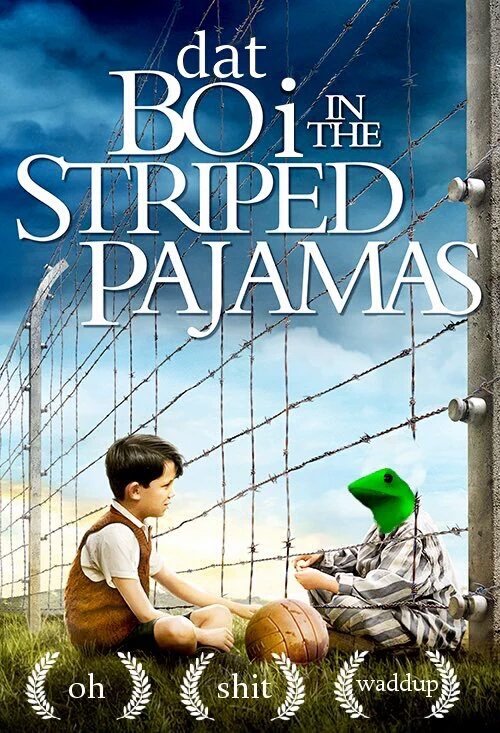
10. **Bruno & Shmuel – The Boy in the Striped Pyjamas (2008)**
Okay, buckle up, because movies truly don’t get much darker or more soul-crushing than ‘The Boy in the Striped Pyjamas.’ This film tells the profoundly tragic story of Bruno and Shmuel, two innocent young boys caught in the unimaginable horrors of the Holocaust. It’s a tale that takes the most devastating event in human history and brings it to an agonizingly personal level.
Bruno, a young German boy, grows up indoctrinated with chilling anti-Semitic propaganda, yet he forms an unlikely, beautiful friendship with Shmuel, an imprisoned Jewish boy on the other side of a barbed-wire fence. Their bond is a beacon of innocence and empathy in a world consumed by hatred. In a desperate, naive attempt to help Shmuel find his “missing” father, Bruno slips under the fence, only for the two boys to be tragically herded into a gas chamber.
The Holocaust is a tragedy of unfathomable scale, but by telling this story through the eyes of two children, the film allows viewers a more personal, visceral glimpse into its utter depravity and senseless cruelty. This movie perfectly highlights the heartbreaking duality of humanity – its capacity for both profound empathy and unimaginable wickedness. The ending is not just sad; it’s a gut-punch that leaves you reeling, a truly unforgettable and deeply disturbing piece of cinema that underscores the devastating impact of hatred.


